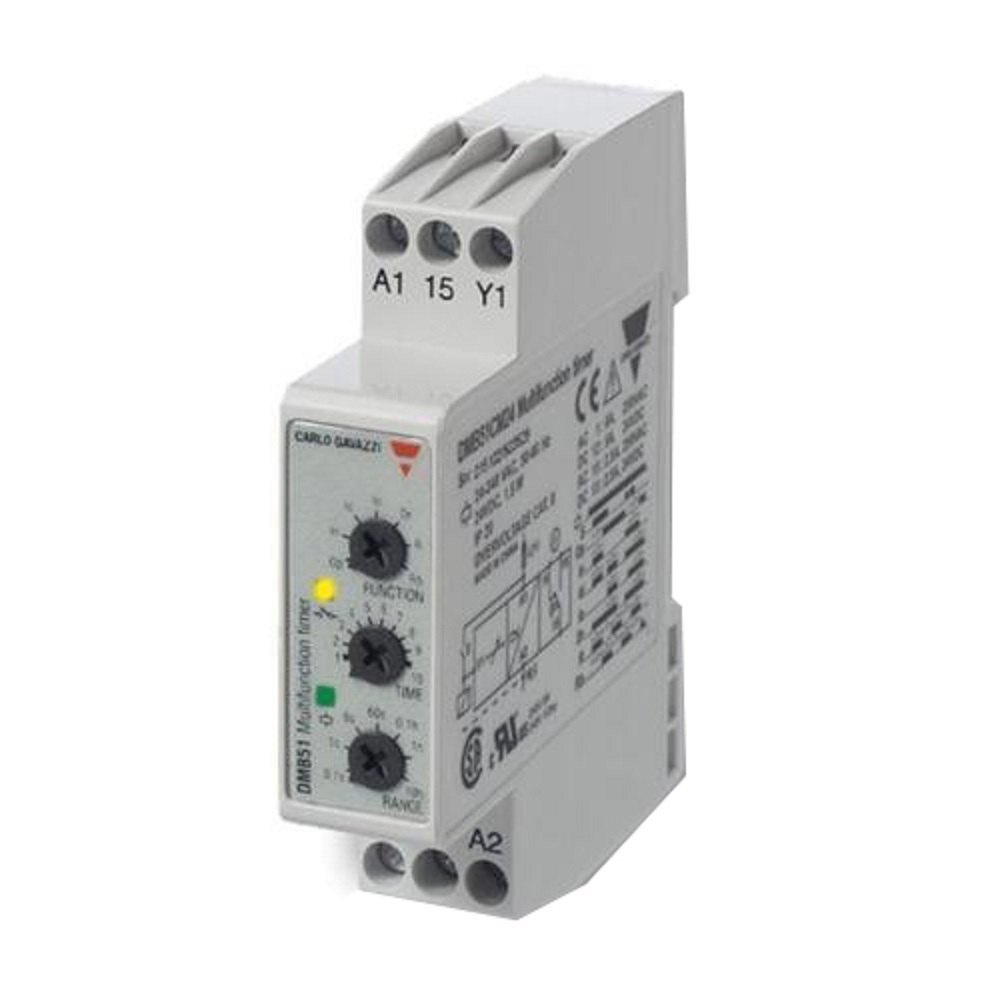
Relay and Timer are critical components in electrical control systems, used for automation, control, and safety in industrial and commercial applications.
Relay
A relay is an electrically operated switch used to control circuits. It allows a low-power control signal to manage a higher-power circuit without direct interaction.
Key Features of Relays:
- Electromagnetic Operation: Uses an electromagnet to mechanically operate the switch.
- Contact Configuration: Available in different contact configurations (NO, NC, etc.) for flexible control options.
- Isolation: Provides electrical isolation between the control circuit and the high-power circuit.
- High Durability: Designed for long life and reliability in industrial applications.
- Compact Design: Small and easy to integrate into electrical panels.
Applications:
- Automation systems
- Motor control circuits
- Lighting control
- Safety systems
Timer
A timer is used to control the timing of electrical circuits by setting specific intervals for operations.
Key Features of Timers:
- Programmable Timing: Allows users to set time intervals for starting or stopping operations.
- Delay Functions: Provides delay-on, delay-off, or interval timing for precise control.
- Wide Voltage Range: Available for various voltage applications.
- Digital & Analog Options: Comes in both digital and analog formats depending on the need.
- Energy Efficiency: Helps in automating systems for better energy management.
Applications:
- Industrial automation
- Lighting systems
- Heating and cooling systems
- Motor control circuits
